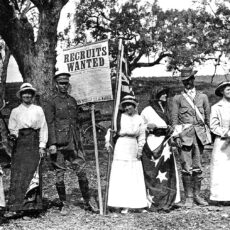News of COVID-19 restrictions easing has made it to the snakes and spiders of the Hunter New England region, with several snake bites already recorded this season, including brown and red-bellied black snakes.
Warmer weather, rain and an abundance of food available – in part, due to the mouse plague that afflicted regional NSW earlier this year, has meant ideal conditions for snake and spider activity.
Clinical toxicologist at Calvary Mater Newcastle, Dr Geoff Isbister says spiders and snakes are most active in the warmer months, and it’s worth considering what each of us can do to avoid being bitten.
“Australians love spending time outside, especially in summer. But while enjoying the great outdoors we’re less likely to be covered up, which can unfortunately leave us prone to a spider or snake bite,” Dr Isbister said.
To avoid being bitten, Dr Isbister shares simple tips such as wearing covered shoes and long pants if in bushland.
He recommends to: “Think before you turn up a rock or bark, or probe leaf litter and soil with your bare hands.
“Because all of these activities while harmless in nature could lead to an unwelcome encounter.
“And if you see a snake remember not to approach it.
“More than a quarter of all snake bites in Australia have occurred
because a person has approached the reptile trying to scare or kill it,” Dr Isbister said.
He also urges families to learn how to respond to snake and spider bites quickly and properly, as immediate first aid can help save lives.
What to do if you or someone you know is bitten by a snake or funnel-web spider:
- Call 000
- Place a broad, firm bandage around the limb to cover the bite immediately. If the bite is not on a limb, apply firm local pressure
- Keep the person as still as possible. If the bite is on an arm or leg, use a splint to immobilise the limb
As the temperature heats up and fortunate ones head for the beach, Hunter New England Health also expects an increase in bluebottle stings, as onshore winds blow them onto Australian beaches.
The recommended first aid for a blue bottle sting is immersing the affected area in hot water (45 degrees Celsius) for 20 minutes, or a hot shower can also ease the sting.
See more on snakes:
To order photos from this page click here




